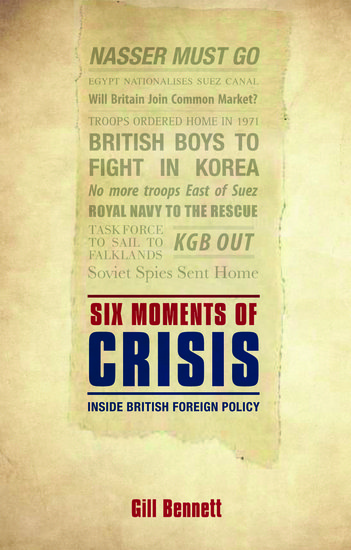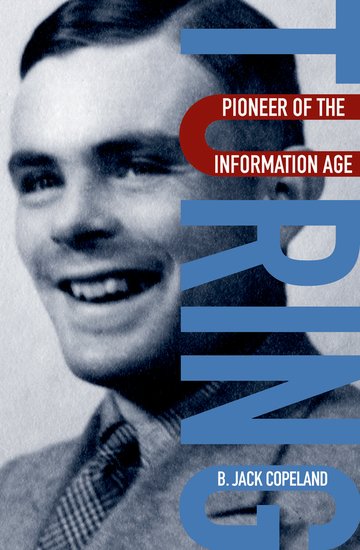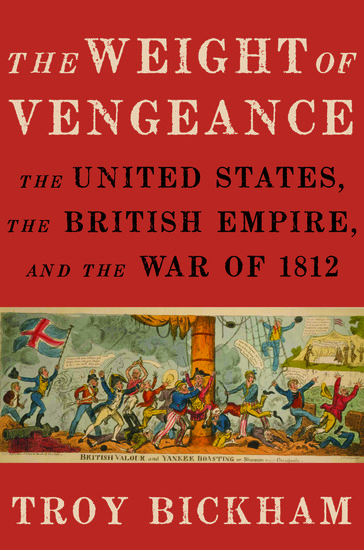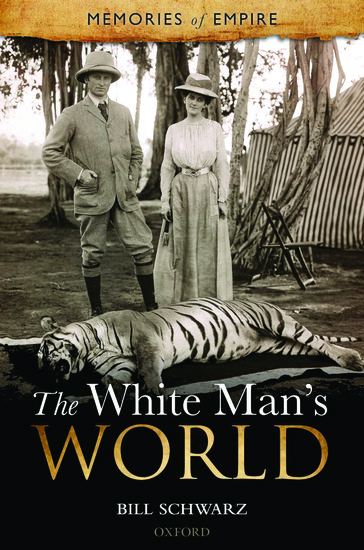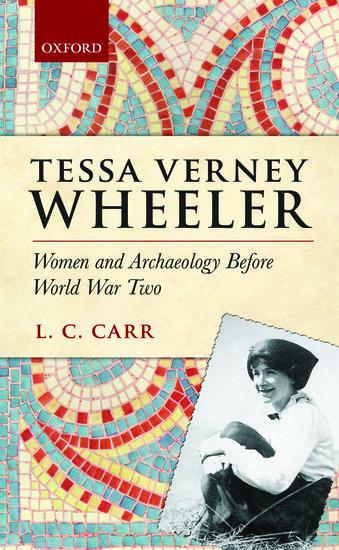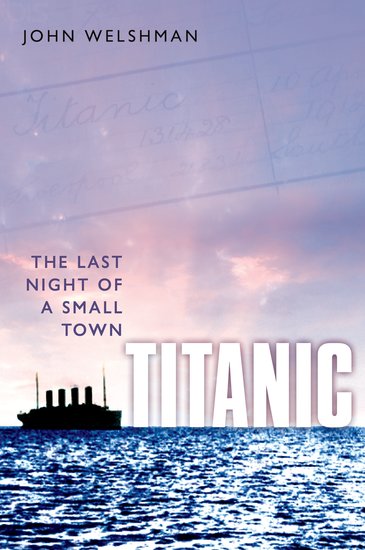Rosalind Franklin: the not-so-dark lady of DNA
By Jenifer Glynn
If Rosalind Franklin had lived, she would have been 92 today. But she died at 37, five years after the discovery of the structure of DNA had been announced by Watson and Crick. As Crick confessed later (but never confessed to her), “the data which really helped us to obtain the structure was mainly obtained by Rosalind Franklin”.




